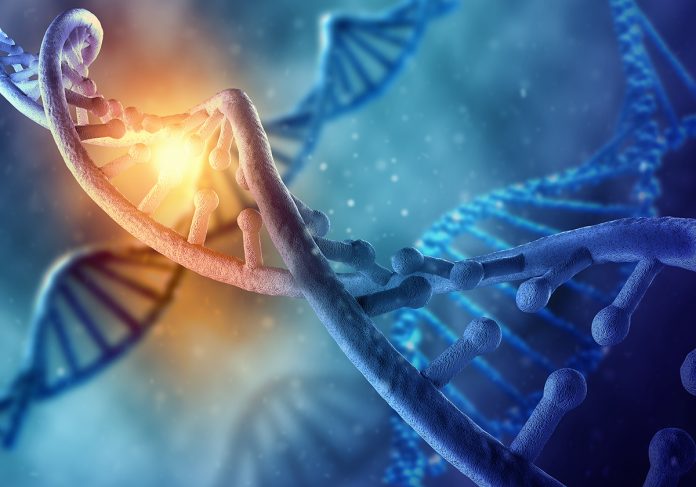For a long time the causes of acute coronary syndromes were poorly understood, and, only after the publication of our paper on New England Journal of Medicine on the importance of inflammation it was recognised as a crucial pathogenetic mechanism
(The prognostic value of C-reactive protein and serum amyloid a protein in severe unstable angina) Prof Luigi M Biasucci, Fondazione Policlinico A Gemelli, and Catholic University of Rome, Italy. Liuzzo G, Biasucci LM, Gallimore JR, Grillo RL, Rebuzzi AG, Pepys MB, Maseri A.N Engl J Med. 1994 Aug 18;331(7):417-24.)
Along time, more evidences reinforced this hypothesis that is gaining an increasing interest in research and in clinical practise. The several studies published in the last years have confirmed and expanded the previous data and opened to novel finding. In particular, the role of Citokines, first discovered by our group and subsequently reported by Paul Ridker in Boston with more evidences, paved the way in the Cantos study, to the anti-Citokines therapy. Although efficient this therapy is expensive and may carry a risck of infection.
More recently, novel findings raised the evidence that NL3P3 inflammosoma, that may induce further inflammation, in particular increasing levels IL-18 and IL-6, may increase the cardiovascular risk. As the balance between reduction and increase in this field is small, in similar conditions the risk of infarction is elevated, and may be responsible of death. For this reason correction of inflammation is an important issue in cardiovascular diseases and its control may significantly reduce mortality.
However, treatment based on cytokines is expensive and may carries further problem. Therefore, other treatments may be requested in order to reduce the residual risk. These treatments may include anti-inflammatory cytokines, but also the possibility of better controlled further risk factors, including microbioma. Novel but extremely important risk factors, linked to mortality and to intestinal (but not only) diseases and deriving from more than 3 trillion bacteria. Several studies have already stressed this pathway and there is an increasing interest in the field. Indeed, the inflammatory hypothesis could by linked with the Gut Microbioma that, in several condition, and thanks to its enormous amount of bacteria, may overcame the body defences and bring to overt disease.
These findings, if further confirmed, may open new and revolutionary treatments in the prevention and therapy of Acute Coronary syndromes.
http://docenti.unicatt.it/web/didattica.docod_docente=46359&language=ITA§ion=didattica











